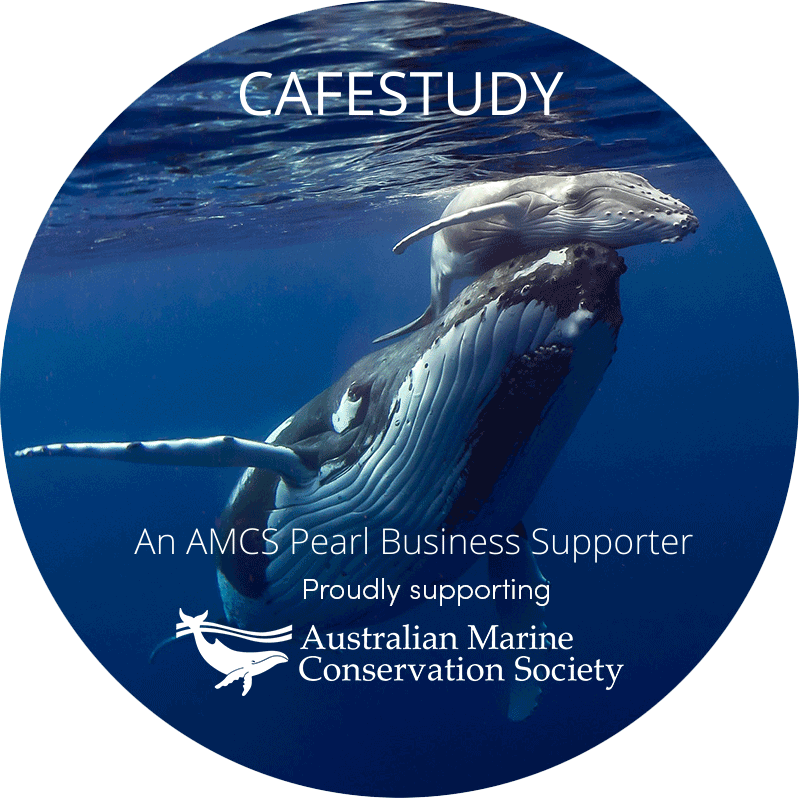TV Programming
Posted by: Imogen6
21st Jan 2014 12:54pm
I don't know if anyone else out there has a problem with this, but why, when there are the "sidekick" channels (7 2, One, Gem, etc) to the regular programme channels have to be filled with sports which are also on the sidekick channels. I'm not denying anyone their fair share of sports, but when Channel 7, 7 1 and 7 2 all have the Australian Open/Brisbane Open (tennis) on at the same time there is something really wrong with the people who do the programming. Same goes for cricket both ODI/Ashes/Bartercard, etc, all of the channels associated with the main channel as well as the main channel are clogged with this. I have the same problem with the home shopping networks, Surely, with the sidekick channels operating to efficiency there's not the need to have interactive or home shopping on the main channels. There should be decent programmes at decent times and not the tired old re-runs that should have pensioned of years ago (most of the actors are either dead or in retirement homes anyway; I know most of these people rely on the residuals but how much does a deceased estate need to keep on functioning?). Anyone else sick and tired of this form of programming, I know I am.
Help Caféstudy members by responding to their questions, or ask your own in Café Chat, and you will get the chance of earning extra rewards. Caféstudy will match these and donate equally to our two chosen Australian charities.

Our support is free and immediate, helping to lighten the cancer journey by addressing the practical, social, and emotional needs of all our members.



Comments 2
clarkeyh
Although I thoroughly understand your point about live sport, home shopping networks and re-runs of old shows, the quality of programming is subjective regarding lifestyle and fictional content. I think network television needs to become more like the subscription television model in terms of having channels devoted to particular genres because there appears to be too many chefs in the kitchen trying their own variety of entertainment instead of specialising in something. Those who manage material on commercial networks need to be rotated more often because networks like channel ten have proved that rotating the same old genres of shows are categorically boring and are not daring to venture into trusting those with fresh ideas because they prefer to be safe instead of ambitious. The advertising industry is one massive group of individuals with an infinite range of imaginary talent that is restricted by safe thinkers. Entertainment is supposed to have an element of spontaneity and not rely on predictable content to keep viewers compelled to keep watching. This responsibility is abused and should be shared by broader society who are keen to share their stories.
Anonymous
The problem is, especially with sports, Australia goes through different sporting seasons, per se, and tennis is one of them at the start of the year, followed by the cricket, football and so on. This is different to other countries, such as in Europe, where they have dedicated sport channels, because their countries have so many different sporting competitions, whilst Australia is rather stranded with New Zealand as the only country close to us with decent sporting teams. In terms of home shopping networks, this is just revenue raising for the TV channels, especially since they targeted towards the elderly and they have their own channels anyway. The main problem is that Australian TV is quite limited, considering that not many people actually watch television during the day, and the main purpose is to make money, so they show popular shows, American dramas, reality tv etc. at night. That's also why we have Foxtel and Austar in Australia doing so well, because of the limited programming and funds the main channels have.